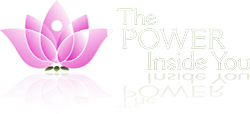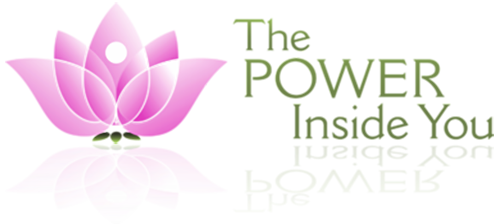
30 Jul A first aid kit we always forget
Current times demand that people get prepared for many situations. Most people are concerned about having car insurance, health insurance, disability insurance, etc. Most of us get somehow prepared for hurricane season and most likely all of us at least have a box of band-aids at home. But how to we prepare for our “not so evident” emotional wounds? Let’s talk about it.
If you fall and scrape your knee, would you clean your wound and put a band-aid on it? Most likely you would.
If you hurt yourself while playing your favorite sport, or doing chores at home, would you put some ice in your sore areas and take a pill for the pain? Most likely you would.
How come then that often times we get emotionally hurt by others or by our own internal voices and we don’t do anything about it? Just because we don’t see the blood, doesn’t mean its not hurtful and needs attention.
In the interaction with others or with ourselves, we are constantly emotionally exposed, sometimes that can be good when pleasant emotions arise, but it can also be very challenging if the opposite happens. When the latter occurs, often times we pretend that nothing happened. We tell ourselves things like: “it’s nothing… suck it up…don’t act like a wimp…” and maybe expect that this hurt will magically go away without us taking care of the situation. But it will?
Don’t you feel that often times you prefer to ignore your “emotional hurts” by getting distracted with huge amounts of work, going in a shopping spree, having some drinks, over-eating, over-working out, or getting lost in the use of your electronic devices? We tend to do anything that can take us away from the pain or discomfort. In other words, we escape from emotional pain.
We are at risk of being hurt emotionally daily, even if it is in a small dosage like a mean comment, a harsh treatment, or an ugly gesture. But when those multiple emotional wounds accumulate and we don’t take care of them, we don’t even recognize them, we just let them there unattended; then we are creating a serious problem. It can grow to affect your mental health; it can turn from just a gray day into a black, endless, cold hole named depression. It can cause that we choose to isolate from others to the point that we experience social phobia. It can turn into anxiety; it can diminish our self-esteem, and grow like a snowball crushing us while inflicting an unbearable emotional pain.
If you are bleeding, no matter how much, you would take care of that. So how come we don’t take care of our internal psychological bleeding?
How about open up to someone who can help you clean those wounds and start the healing process? That is what mental health professionals are for, to assist you in taking care of those wounds (old and new ones) and to be a companion in the path of healing and personal growth.
We are human beings with the right to have accidents, bumps, falls, mistakes, and what is marvelous is that we have the capacity to turn all of them into opportunities to know ourselves, to grow inside, and therefore to better our relationships with ourselves and those around us.
I invite you to build your “emotional first aid kit” by taking the time to breath in and out slowly, and to have an honest talk with yourself and to consider engaging in the amazing process of healing and growth. Counseling is a safe, “antiseptic”, and non-judgmental space to start. Mental health professionals can assist you to take care of those wounds and to create your own, unique personal emotional self-care kit with the strategies and resources you can take at any time to help yourself.
Here are some things you can include in your “emotional first aid kit”:
- Be honest with yourself about your thoughts, feelings, motives, and intentions.
- Embrace all experiences (pleasant and unpleasant) as opportunities to be a better person.
- Ask for time and space if you need it
- Be patient to yourself. You are a human being, an eternal work in progress.
- Write about your feelings. Good spelling and grammar are not required here. You can do it traditionally or use online resources or apps such as: com or grid diary.
- Cultivate creativity. It does not matter if you draw sticks or if you get out of the lines when coloring, what it matters is the activity and how it can bring out the little kid inside you. Besides regular materials, you can use apps such as Mandalas, Color Therapy, Adult Coloring Book.
- Learn how to get in enough oxygen in your body, how to breathe deeply and slowly. Apps that you can use for this purpose are: Relax2Breathe or PTSD Coach.
- Practice Mindfulness. Cultivate the lost art of being here and now, of being present moment to moment. You can use the free version of Headspace or com
- There are many types of meditation and all of them are effective, you just have to pick the type you feel comfortable doing. And remember you can start by short periods of time. If you need guidance, you can install the app OMG I can meditate or Calm.com. If you just need to track the time, you can use a Meditation Timer App.
- Treat your body as the sacred temple of your soul. It does not mean that you have to workout intensely or starve yourself. It means to be active, to move around, to sense what your body tells you it needs. Remember to eat to live instead of to live to eat.
Regardless of the level of hurt you are at the moment, please remember you are the only person responsible for yourself, and you have a very important commitment, which is to take care of your whole being to the best of your capabilities. Therefore, start paying attention to your emotions, your thoughts, and actions and have that “emotional first aid kit” handy.


